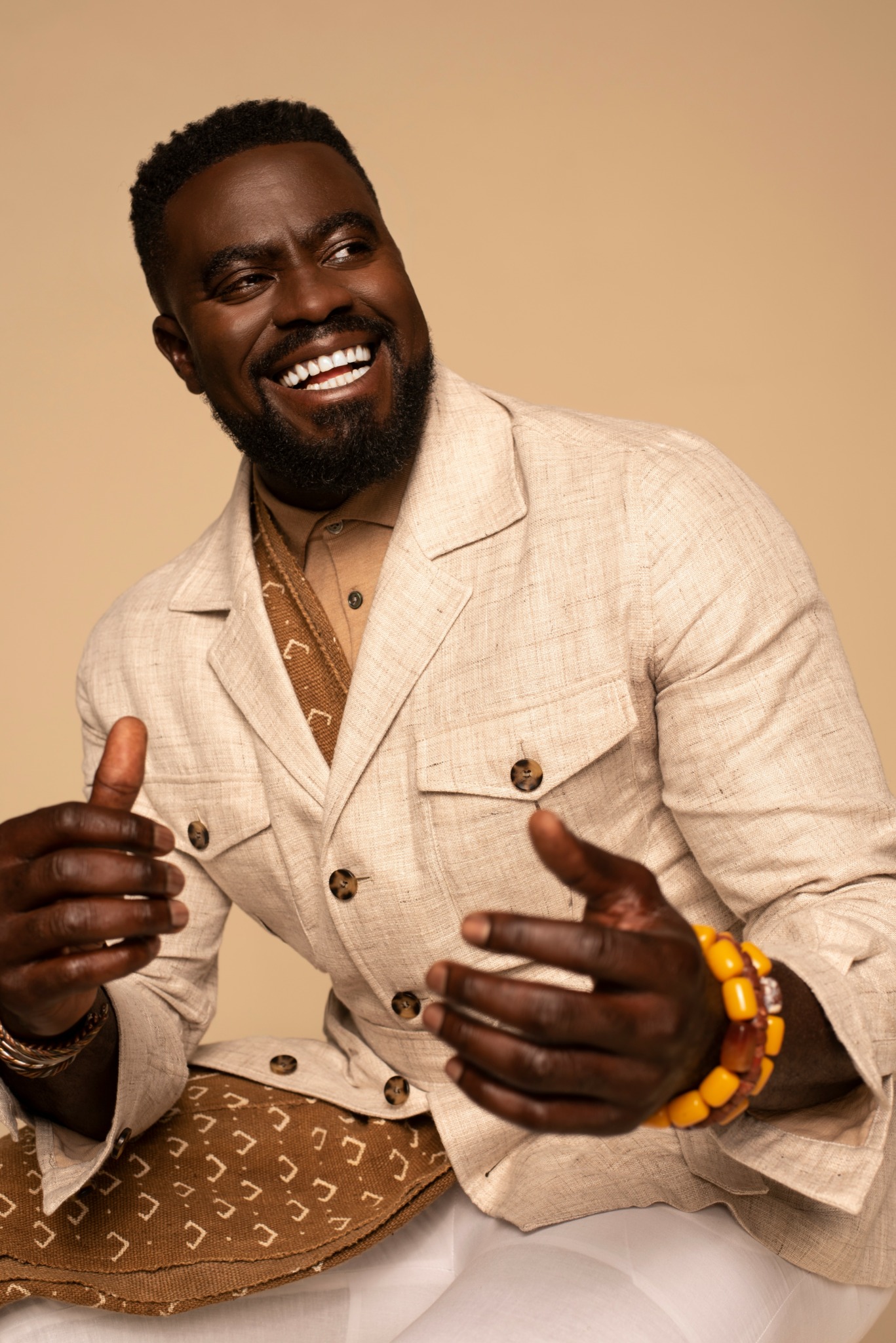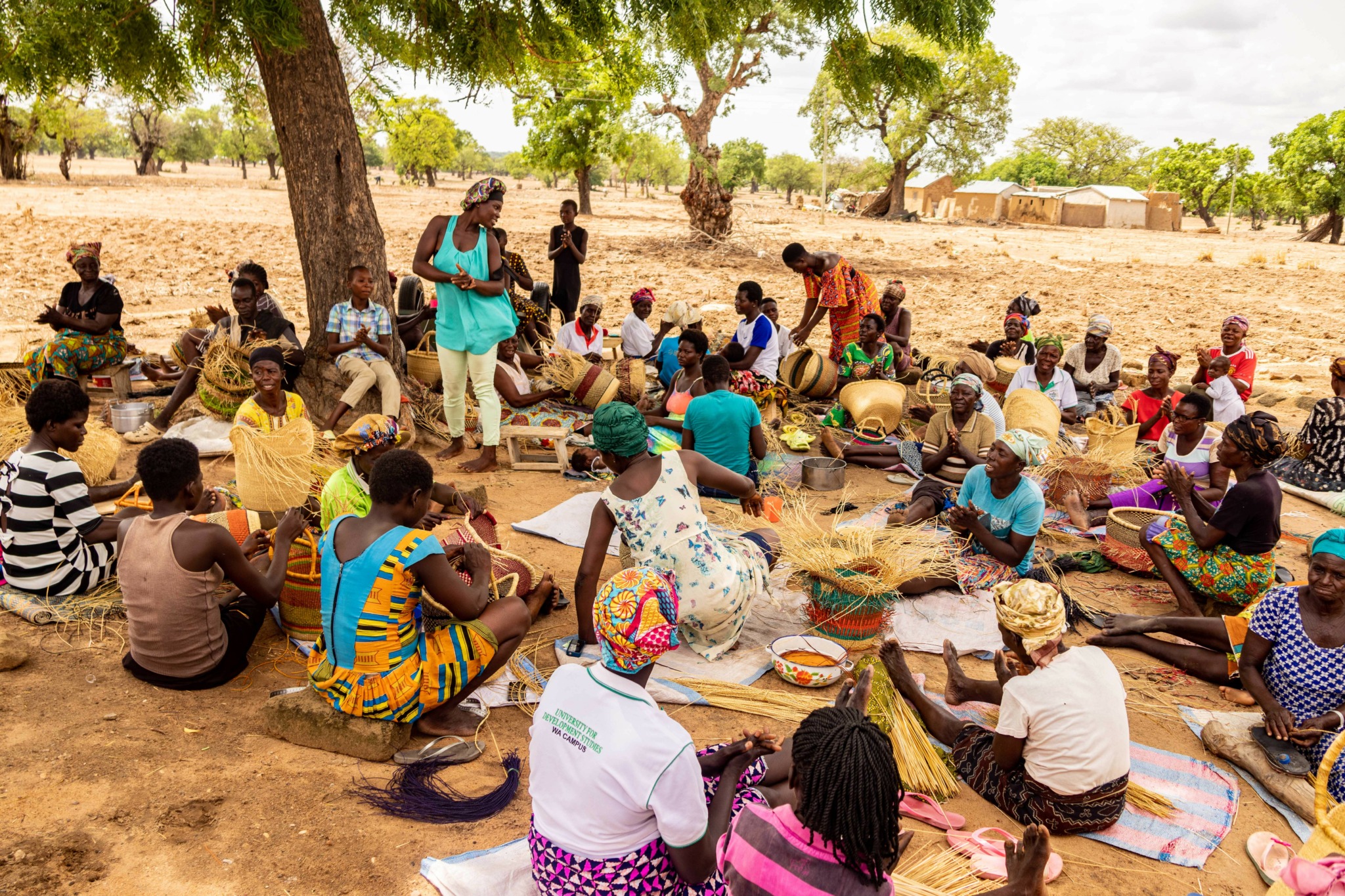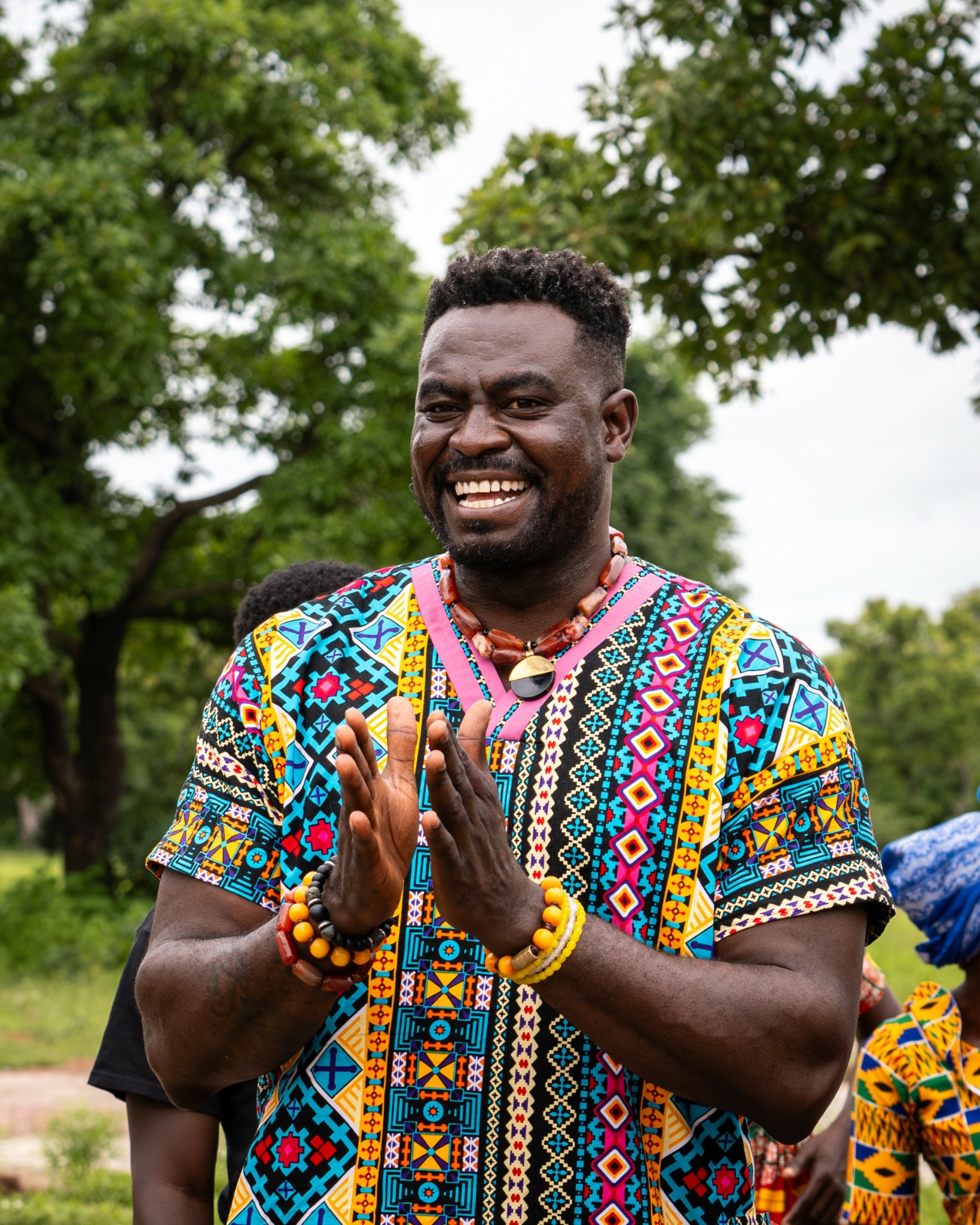We caught up with the brilliant and insightful Olowo-N’djo “Olo” Tchala a few weeks ago and have shared our conversation below.
Olowo-n’djo “Olo” , looking forward to hearing all of your stories today. What did your parents do right and how has that impacted you in your life and career?
My parents did many things right, but what stands out most is the way my mother shaped our character. She raised us with humility, a sense of hard work, and a spirit of giving—even when we had very little ourselves.
I’ll never forget how, late at night, she would take food from our home to share with travelers whose vehicles had broken down on the road to Benin. Sometimes we would go hungry as a result, but she showed us that there is always someone in greater need. That lesson has stayed with me my whole life and is central to why I’ve dedicated my work to serving others.
My mother was an orphan raising eight children on her own. Every morning, she worked alongside us in the fields so we could feed ourselves. That example of resilience and labor is something I carry with me to this day. I’ve worked seven days a week since adulthood, not only for myself but for my family and community.
From my father, I learned the importance of safety—both physical and mental. He always showed up when he felt his family was threatened, creating a sense of protection that allowed us to grow. Together, those lessons from my parents formed my foundation.

Awesome – so before we get into the rest of our questions, can you briefly introduce yourself to our readers.
I didn’t set out to enter this industry—I entered because I had no choice. We needed a way to fund our philosophy of serving women and communities in Togo. What we had was shea butter, a resource deeply tied to our traditions.
Americans were seeking ethically made shea butter—fair trade, free from exploitation, and especially free from child labor. So, the path revealed itself: use our knowledge of crafting shea butter to create products that could support our community initiatives. That is how Alaffia was born.
Let’s talk about resilience next – do you have a story you can share with us?
Resilience, for me, comes from commitment. Several years ago, we partnered with investors for the first time. It became clear that, value-wise, we were not aligned. I had to step away from the very organization I had spent my life building. Those were some of the darkest days of my life.
But I did not give up. I asked myself what would happen to the hundreds of thousands of women in West Africa who depended on this work. That led me to create a new venture, Ayeya, so we could continue supporting communities on the ground.
And then, just recently, we were able to bring Alaffia back into the family. Today, we are building both Alaffia and Ayeya, working directly in West Africa once again to restore economic independence to the communities that began this journey with us.

Have any books or other resources had a big impact on you?
I don’t see myself as an entrepreneur. I see myself as a servant of the people. My responsibility is to address the most basic needs of the communities I serve: food, water, shelter, and safety.
One book that shaped me deeply is Nelson Mandela’s Long Walk to Freedom. Reading about the decades he spent in prison, and the alliances he forged through that struggle, taught me that when you serve, you do not give up. Even in suffering, you remain committed to your people.
That philosophy guides me still: when you sacrifice for what you believe in, the outcome can be transformative for generations to come.
Contact Info:
- Website: https://www.ayeya.com/
- Instagram: https://www.instagram.com/olowondjo/
- Linkedin: https://www.linkedin.com/in/olowo-n-djo-tchala-114248199/

Image Credits
AYÉYA


